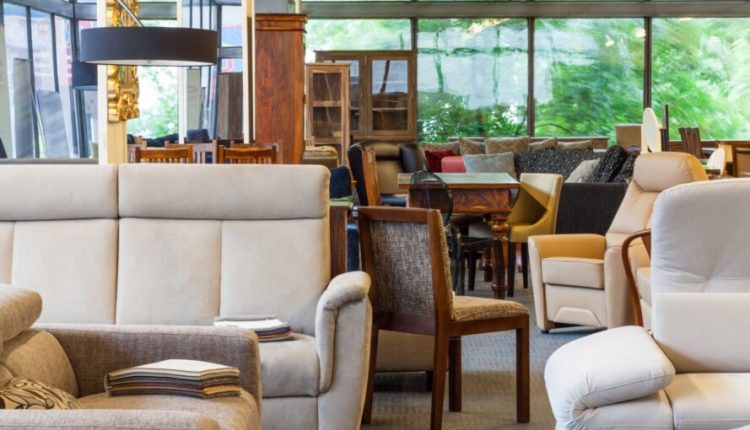Slap the language ‘environmentally friendly’ onto an item and it is almost certain to sell like hotcakes. This is also true with regards to home accessories, as individuals are always searching for methods to include eco-friendly trends to their home accessories and decor. Obviously, finding interior decor that’s beautiful and eco-friendly could be a challenge. Listed here are a couple of fundamental tips and methods.
Reclaimed
Undoubtedly, the simplest way to become ‘eco-friendly’ would be to skip the recently manufactured home accessories (even individuals produced from recycled materials) and opt rather for reclaimed products. Including products you might find at thrift stores, antique stores, garage and rummage sales, estate sales, secondhand stores and thru various online stores, for example eBay.
If you’re prepared to place the effort in, you’ll find all sorts of reclaimed products. Observe that ‘reclaimed’ doesn’t always mean the piece continues to be put together using different reclaimed materials. It may also mean products which have been salvaged within their whole. Including furnishings, lighting fixtures, square and oblong mirrors of any size, paintings and far, a lot more.
Recycled
Regrettably, reclaimed pieces could be surprisingly costly. This is also true of products, for example furniture, produced from reclaimed wood. However, you’ll be able to find home accessories and decor within the stores that are manufactured from recycled products, which may be very eco-friendly.
Recycled glass is commonly less costly and simple in the future-by, so there is no need to buy a recently manufactured glass vase more than a recycled glass vase. Plus, like many products, glass could be manipulated into new colors, sizes and shapes. Most individuals will be not able to inform that the new pieces are manufactured from recycled materials, though you might want to let them know!
Reuse
Finally, you shouldn’t be afraid to reuse existing products in your house. You are able to reupholster old furniture, or refinish old pine wood furniture to produce a fresh, change at a lower price and fewer injury to the atmosphere. Reusing existing interior decor can help to save not just money, and can put less bad toxins in to the atmosphere.
When reupholstering furniture or just creating new covers for the existing throw pillows, search for fabrics for example organic cotton, silk, bamboo-based fabrics and polyesters produced from recycled plastics. Make sure to always choose upholstery grade fabrics for reupholstering, because these holds in the best over ‘regular’ fabrics.’ There are more fabrics which are also eco-friendly including hemp, soy-based fabrics, linen, cashmere, ingeo (which is made of fermented plant sugars) and alpaca fabrics.
Additional Tips and Methods
Interior decor is not restricted to different accessories and furniture. Additionally, it includes other products inside your space, for example paint or lighting fixtures. To produce more a far more eco-friendly space, swap your traditional incandescent bulbs with increased energy-efficient options, like the compact fluorescent (CFL) bulb.
Have to repaint? Why don’t you use milk paint or any other paint that lists low VOCs (chemical toxins).
Although it may seem pricey, creating eco-friendly interior decor does not really need to be, because of these pointers and methods.


Comments are closed.